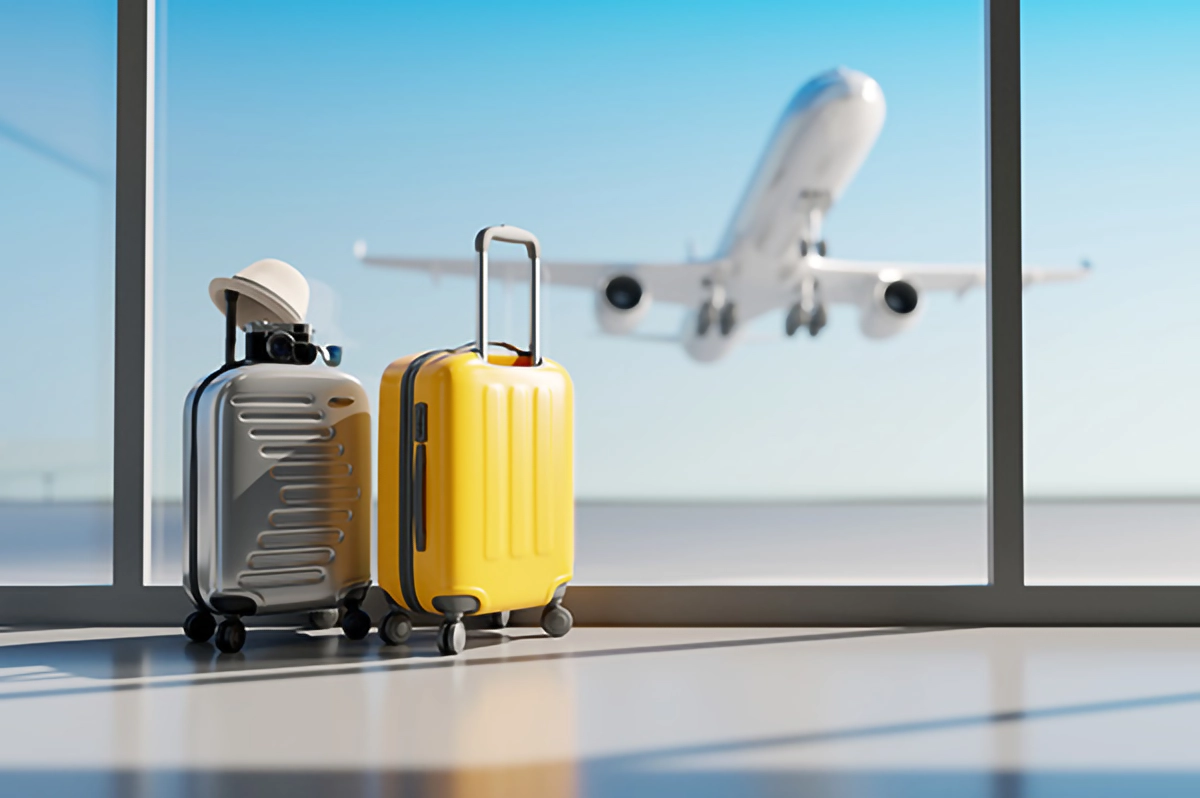We use cookies to help provide you with the best possible online experience.
By using this site, you agree that we may store and access cookies on your device. Cookie policy.
Cookie settings.
Functional Cookies
Functional Cookies are enabled by default at all times so that we can save your preferences for cookie settings and ensure site works and delivers best experience.
3rd Party Cookies
This website uses Google Analytics to collect anonymous information such as the number of visitors to the site, and the most popular pages.
Keeping this cookie enabled helps us to improve our website.
Travel Clinic

Travel Vaccinations
Holbrooks Health Team now offer Travel Vaccinations.
Please contact a member of our reception team to request a travel questionnaire.
Please note:
- You will not be able to book your travel vaccinations appointment with the nurse without completing the travel questionnaire first.
- It is important that you complete the questionnaire as early as possible, at least 4-6 weeks before you travel.
- Once the questionnaire is completed, our practice nurse can provide travel advice and arrange appropriate immunisations.
- Some travel vaccines are ordered on a private prescription, and these incur a charge over and above the normal prescription charge. This is because not all travel vaccinations are included in the services provided by the NHS.

Tablets for fear of flying: why we don’t prescribe them anymore
- Although plane emergencies are rare, taking Diazepam reduces awareness and reaction times for patients so you risk not being able to react to save your life if you must escape quickly. You may also put other people in danger by getting in their way or making them help you.
- The use of these drugs can make you sleep in an unnaturally deep sleep. This means you won’t move around as much as during natural sleep, so you have a bigger risk of getting a blood clot (Deep Vein Thrombosis – DVT) in the leg or lungs. Blood clots are very dangerous and can kill. This risk is bigger if your flight is longer than 4 hours.
- They have short term bad effects on memory, co-ordination, concentration, and reaction times, and are addictive if used for a long time, with withdrawal leading to fits, hallucinations, agitation, and confusion. They have also become widely used drugs of abuse since they first came on the market. Diazepam in the UK is a controlled drug. The prescribing guidelines doctors must follow say that that use to treat short-term ‘mild’ anxiety is inappropriate. They are only to be used short term for a ‘crisis in generalised anxiety’. But if you are having such a crisis, you are not likely to be fit to fly. Fear of flying in isolation is not a generalised anxiety disorder.
- Some people get agitated and aggressive after taking diazepam and similar drugs and behave in a way that they would not normally, which can pose a risk on the plane. This affects everyone’s safety and could get you into trouble with the law. A similar effect can be seen with alcohol, which has led to people being removed from flights.
- There is evidence use of these drugs stops the normal adjustment response that would gradually lessen anxiety over time, and may increase anxiety in the long term, especially if used repeatedly.
- Diazepam and similar controlled drugs are illegal in several countries. They may be confiscated, or you may find yourself in trouble with the police.
- Diazepam stays in your system for some time. If your job or sport needs, you to have random drug testing you may fail this having taken diazepam.
- It is important to tell your travel insurer about your medical conditions and medications you take. If not, there is a risk of your insurer not paying if you try to make a claim.
So, we will no longer be providing Diazepam or similar drugs for flight anxiety. Instead, please try one of these aviation industry recommended flight anxiety courses.
We appreciate a fear of flying is very real and very frightening and can be debilitating. However, there are much better and effective ways of tackling the problem. We recommend you tackle your problem with a Fear of Flying Course, which is run by several airlines.
These courses are far more effective than diazepam, they have none of the undesirable effects and the positive effects of the courses continue after the courses have been completed
Easy Jet: website
Tel:1203 8131644
British Airways: website
Tel: 01252 793250
Virgin Atlantic: website
Tel: 01423 714900
